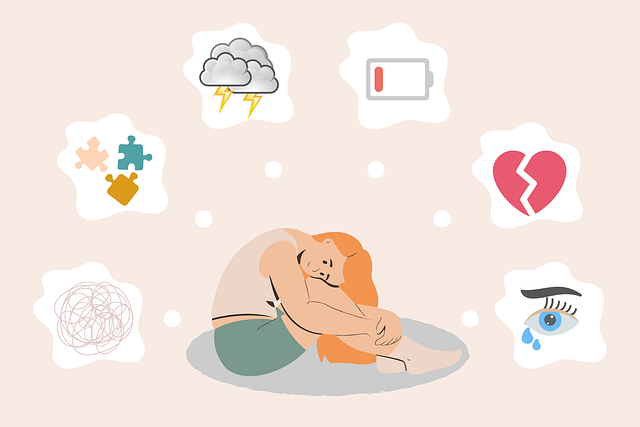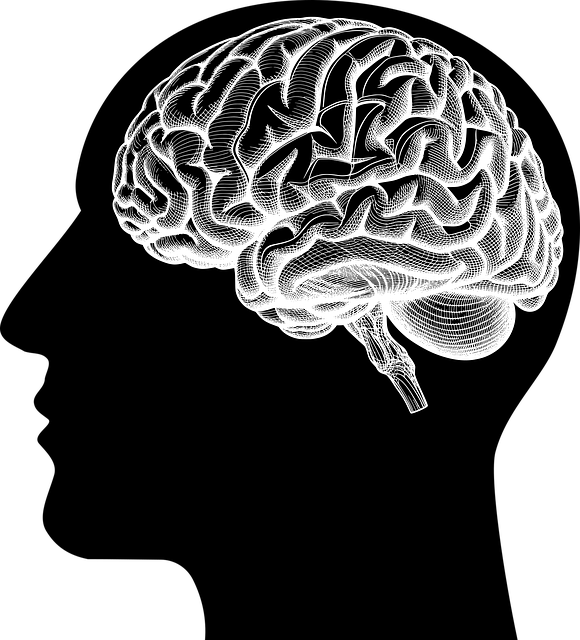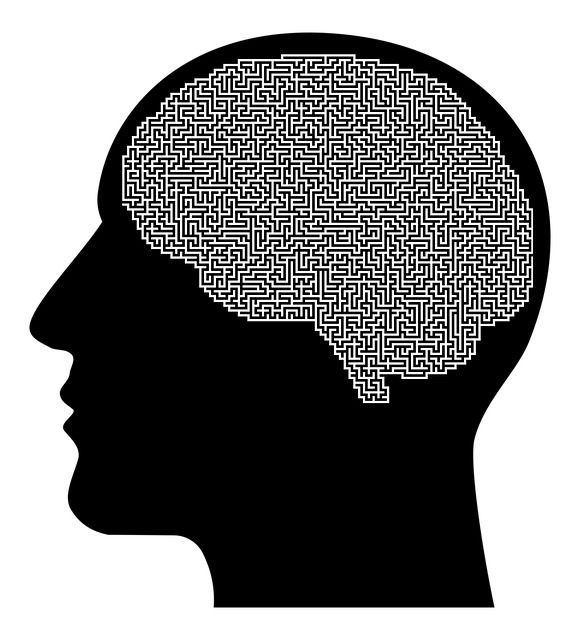Sexual addiction in adolescents is a complex issue often misunderstood as fleeting behavior but can lead to long-term problems like anxiety, mood disorders, and strained relationships. Effective therapy for adolescent teens sexual addiction addresses underlying causes such as trauma or mental health disorders, teaches healthier coping mechanisms, and fosters emotional regulation. This holistic approach includes CBT, group therapy, education on consent and healthy relationships, family involvement, journaling exercises, mindfulness practices, community engagement, and public awareness campaigns. By breaking down stigmas, promoting open communication, and providing specialized support, therapy for adolescent teens sexual addiction aims to improve mood, manage impulses, rebuild self-esteem, and foster positive sexual identities.
Mental wellness promotion is a critical component of fostering healthy adolescent development, especially regarding sexual behavior. This article delves into the complex issue of adolescent teen sexual addiction, separating myths from realities. We explore the profound impact of mental wellness on youth sexual conduct and present therapeutic approaches tailored to address this challenge. Additionally, we discuss the integration of family therapy and support systems in treatment, emphasizing community engagement as a path to resilience and healthy sexuality for teens struggling with sexual addiction.
- Understanding Adolescent Teen Sexual Addiction: Myths and Realities
- The Impact of Mental Wellness on Youth Sexual Behavior
- Therapeutic Approaches for Addressing Sexual Addiction in Teens
- Incorporating Family Therapy and Support Systems in Treatment
- Fostering Resilience and Healthy Sexuality through Community Engagement
Understanding Adolescent Teen Sexual Addiction: Myths and Realities

Adolescent teen sexual addiction is a complex issue that often presents unique challenges for both victims and those seeking to help. It’s crucial to dispel myths and understand the reality of this problem, as it significantly impacts young lives. Many believe it to be a phase or a result of adolescent rebellion, but in truth, it can lead to severe long-term consequences, including anxiety relief difficulties, compromised mood management, and strained relationships.
Therapy for adolescent teens sexual addiction involves addressing underlying causes such as trauma, low self-esteem, or mental health disorders. Mind over matter principles can empower individuals to develop healthier coping mechanisms and foster better emotional regulation. By seeking professional help, teenagers can learn effective strategies to manage their impulses, improve their mood, and rebuild a positive sense of self.
The Impact of Mental Wellness on Youth Sexual Behavior

Mental wellness plays a pivotal role in shaping the behavior and decisions of young individuals, including their sexual conduct. Adolescence is a period of significant cognitive and emotional development, and mental health issues can impact judgment and decision-making processes. When teens struggle with mental wellness, they might turn to risky behaviors as a coping mechanism, which could include sexual addiction. This complex issue often requires specialized support, such as therapy for adolescent teens sexual addiction, to address the underlying causes and promote healthier alternatives.
The interconnection between mental wellness and sexual behavior is particularly crucial during adolescence. Mental Wellness Podcast Series Production and Coaching Programs Development can offer valuable resources to help teens navigate their emotions and make informed choices. By fostering a supportive environment that discusses mental health openly, these programs contribute to breaking down stigma, encouraging help-seeking behaviors, and promoting overall well-being, including responsible sexual behavior.
Therapeutic Approaches for Addressing Sexual Addiction in Teens

Addressing sexual addiction in teens requires specialized therapeutic approaches that cater to their unique developmental stage and needs. Cognitive Behavioral Therapy (CBT) is a common strategy, focusing on identifying and changing negative thought patterns and behaviors related to sexuality. This approach helps adolescents develop healthier coping mechanisms and build resilience against addictive impulses. By fostering self-awareness and empathy, CBT encourages teens to understand the underlying causes of their addiction and make positive behavioral changes.
Additionally, group therapy sessions can be beneficial in creating a supportive environment where teens learn from each other’s experiences. These sessions promote peer support, enhance empathy building strategies, and encourage accountability. Incorporating education about consent, healthy relationships, and sexual health into therapeutic frameworks further aids in breaking down unhealthy patterns and promoting better decision-making skills among adolescent teens struggling with sexual addiction.
Incorporating Family Therapy and Support Systems in Treatment

Incorporating family therapy and robust support systems is an integral part of promoting mental wellness, especially for adolescent teens grappling with sexual addiction. This holistic approach recognizes that an individual’s mental health is deeply intertwined with their interpersonal relationships and home environment. Family therapy sessions provide a safe space for open communication, allowing teens to express their struggles and receive guidance from loved ones. By involving family members in the therapeutic process, therapists can help break down barriers, challenge unhealthy dynamics, and rebuild healthy attachment patterns. This collaborative effort ensures that the teen receives consistent support both inside and outside of therapy sessions.
Additionally, fostering strong social connections and teaching effective coping strategies are powerful tools for stress reduction. Mental wellness journaling exercises and social skills training can empower teens to process their emotions, build resilience, and foster positive relationships. Equipping them with evidence-based stress reduction methods, such as mindfulness practices or cognitive behavioral techniques, enables these young individuals to navigate life’s challenges more effectively. By addressing both the individual and familial aspects of mental wellness, this comprehensive approach paves the way for long-term recovery and overall well-being.
Fostering Resilience and Healthy Sexuality through Community Engagement

Community engagement plays a pivotal role in fostering resilience among adolescents and promoting healthy sexuality. By integrating public awareness campaigns that discuss emotional regulation and stress reduction methods, we can create safe spaces for open conversations about sexual health. This approach not only educates young individuals but also empowers them to make informed decisions. Through these initiatives, communities can address emerging issues like therapy for adolescent teens with sexual addiction early on, thereby mitigating potential long-term effects.
Engaging community members in discussions around mental wellness encourages peer support and strengthens social connections. These networks are crucial for building resilience against the challenges that adolescents often face today. By fostering an environment where emotional expression is normalized, we can help young people develop healthier coping mechanisms, enhancing their ability to navigate stress and maintain positive sexual identities.
Mental wellness promotion plays a pivotal role in addressing adolescent teen sexual addiction. By dispelling myths and understanding the realities of this issue, we can effectively utilize therapeutic approaches, such as family therapy and community engagement, to foster resilience and healthy sexuality. Incorporating support systems into treatment plans is essential for the holistic healing of teens struggling with sexual addiction. Ultimately, tailored interventions guided by evidence-based practices are key to providing effective Therapy for Adolescent Teens Sexual Addiction and ensuring a brighter future for our youth.














